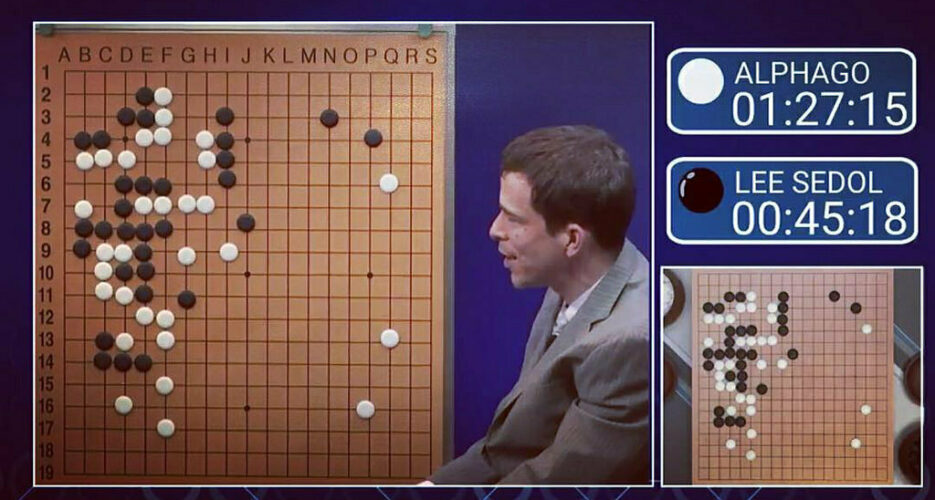The United States has had a thin record of accomplishments in Northeast Asia for most of the last 100-plus years. Many failures in U.S. foreign policy in that area originate from not knowing the background of the countries involved and not understanding their contemporary interests and needs. It is as though American knowledge and expertise began anew each time there has been an issue. Yet, it did not have to be that way then – and it does not have to be that way now.
AN ‘AHA’ MOMENT
The United States has had a thin record of accomplishments in Northeast Asia for most of the last 100-plus years. Many failures in U.S. foreign policy in that area originate from not knowing the background of the countries involved and not understanding their contemporary interests and needs. It is as though American knowledge and expertise began anew each time there has been an issue. Yet, it did not have to be that way then – and it does not have to be that way now.
AN ‘AHA’ MOMENT
Try unlimited access
Only $1 for four weeks
-
Unlimited access to all of NK News: reporting, investigations,
analysis
-
Year-one discount if you continue past $1 trial period
-
The NK News Daily Update, an email newsletter to keep you in
the loop
-
Searchable archive of all content, photo galleries, special columns
-
Contact NK News reporters with tips or requests for reporting
Get unlimited access to all NK News content, including original reporting,
investigations, and analyses by our team of DPRK experts.
Subscribe
now
All major cards accepted. No commitments – you can cancel any time.










